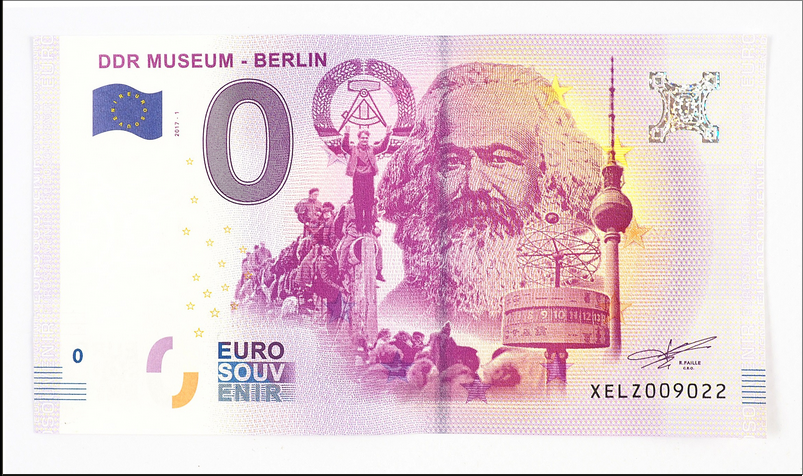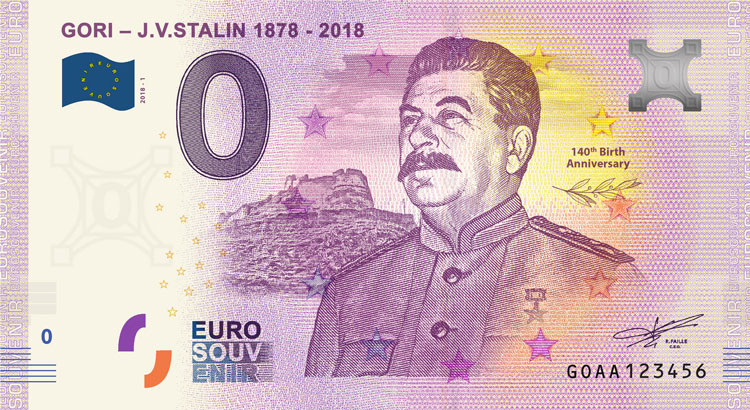this post was submitted on 23 Feb 2024
61 points (98.4% liked)
GenZedong
4931 readers
73 users here now
This is a Dengist community in favor of Bashar al-Assad with no information that can lead to the arrest of Hillary Clinton, our fellow liberal and queen. This community is not ironic. We are Marxists-Leninists.
See this GitHub page for a collection of sources about socialism, imperialism, and other relevant topics.
This community is for posts about Marxism and geopolitics (including shitposts to some extent). Serious posts can be posted here or in /c/GenZhou. Reactionary or ultra-leftist cringe posts belong in /c/shitreactionariessay or /c/shitultrassay respectively.
We have a Matrix homeserver and a Matrix space. See this thread for more information. If you believe the server may be down, check the status on status.elara.ws.
Rules:
- No bigotry, anti-communism, pro-imperialism or ultra-leftism (anti-AES)
- We support indigenous liberation as the primary contradiction in settler colonies like the US, Canada, Australia, New Zealand and Israel
- If you post an archived link (excluding archive.org), include the URL of the original article as well
- Unless it's an obvious shitpost, include relevant sources
- For articles behind paywalls, try to include the text in the post
- Mark all posts containing NSFW images as NSFW (including things like Nazi imagery)
founded 5 years ago
MODERATORS
you are viewing a single comment's thread
view the rest of the comments
view the rest of the comments




It’s from one of Mao’s poems: 《沁园春·雪》.
It’s a bit complicated to describe what the title means, but the first part 沁园春 is a 词牌 (lit. name cards, but more commonly translated to “to the tune of…”), a specific type of poem from the Song dynasty popularized by the famous poet Su Shi (Su Dongpo) that follows a specific set of rules. 沁园春 is characterized by its bitonic 114 characters with flat rhyme. 沁园春 derives its name from the Han Dynasty’s Princess Qinshui’s Garden, which translates to “Qin Garden Spring”. There are dozens of other name cards (which specify a specific style of poem) that have their own explicit set of rules.
Following the name card is the name of the poem, 雪, which literally means “snow”, or “snowscape”.
So, the first part specifies the name card (style?) of the poem (i.e. “To the tune of 沁园春“), followed by the title of the poem. Here, Mao’s poem is titled 雪 “snow”.
Others have translated the title to “ Snowscape - To the tune of Spring Garden Show” (see link below) which is fair I guess.
The poem was mostly about the beautiful scenery of Northern China and the patriotic fervor towards his country.
Supposedly written in 1936 when Mao led the Red Army arriving at Shaanxi to fight against the Japanese, and published in 1945 in Chongqing when Mao was negotiating with Chiang Kai-shek, and during his stay, the democrat activists he spent time with asked him to publish the poem in a local Chongqing newspaper.
Here is a translation that is quite decent: https://www.backchina.com/blog/257064/article-222619.html